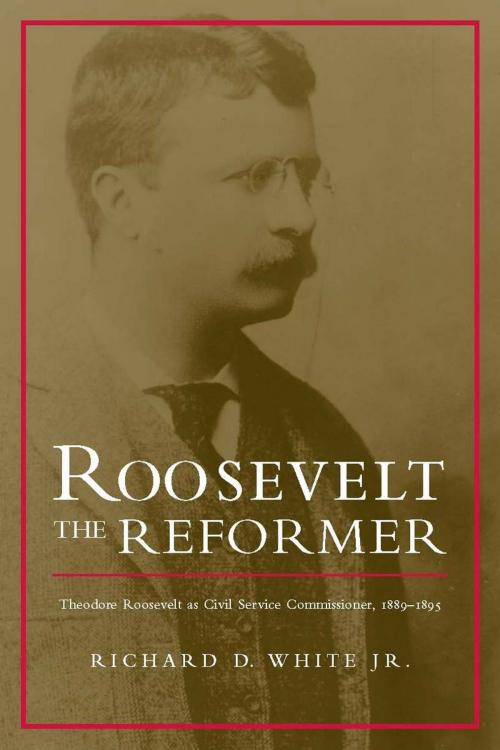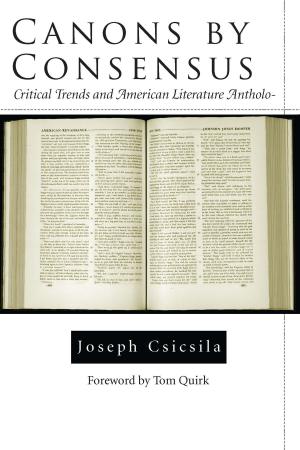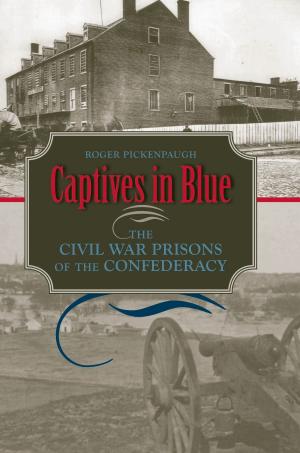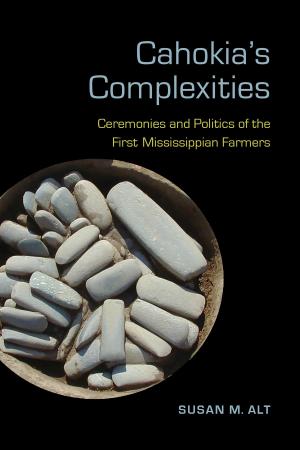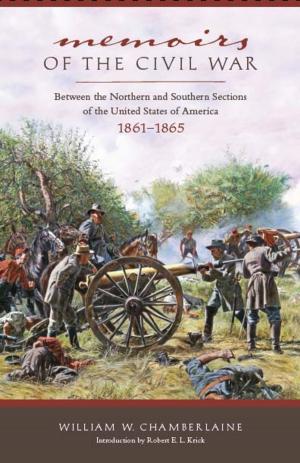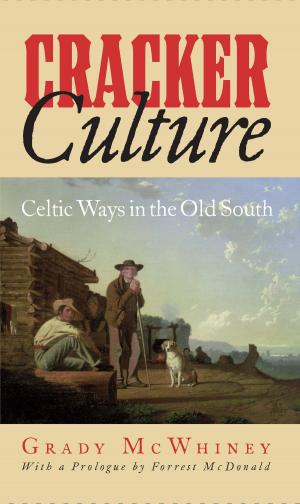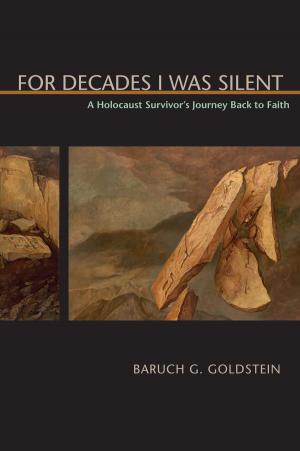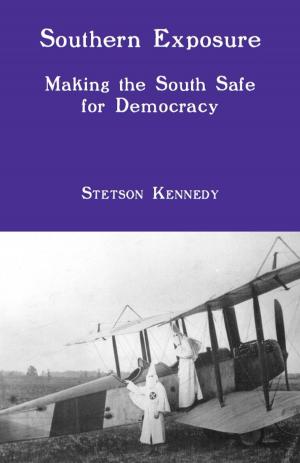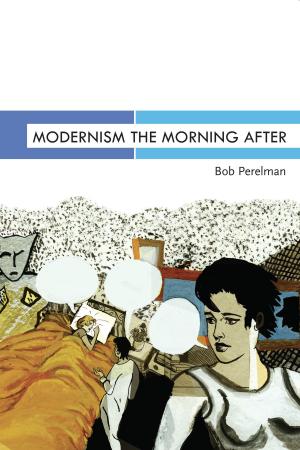Roosevelt the Reformer
Theodore Roosevelt as Civil Service Commissioner, 1889-1895
Biography & Memoir, Political| Author: | Richard D. White Jr | ISBN: | 9780817382339 |
| Publisher: | University of Alabama Press | Publication: | May 6, 2011 |
| Imprint: | University Alabama Press | Language: | English |
| Author: | Richard D. White Jr |
| ISBN: | 9780817382339 |
| Publisher: | University of Alabama Press |
| Publication: | May 6, 2011 |
| Imprint: | University Alabama Press |
| Language: | English |
Covers a fascinating period of Theodore Roosevelt’s life, his first six years in Washington.
Roosevelt the Reformer sheds light on an important chapter in the biography of the flamboyant 26th president of the United States. From 1889 to 1895—before he was a Rough Rider in the Spanish–American War and before he oversaw the building of the Panama Canal and won the 1906 Nobel Peace Prize—“Teddy” Roosevelt served as one of three civil service commissioners. This was a significant period of his life because he matured politically and learned how to navigate through Washington politics. He sparred with powerful cabinet officers and congressmen and survived their attempts to destroy him. He cultivated important friendships and allegiances, flourished intellectually, and strengthened his progressive views of social justice, racial theory, and foreign relations. It was a period altogether significant to the honing of administrative talent and intellectual acuity of the future president.
Richard White Jr. situates young Roosevelt within the exciting events of the Gilded Age, the Victorian era, and the gay nineties. He describes Roosevelt's relationships with family, friends, colleagues, and adversaries. Many of these people, such as Henry Cabot Lodge, Cecil Spring-Rice, Alfred Mahan, Henry Adams, and John Hay would significantly influence Roosevelt when he later occupied the White House. White explores TR's accomplishments in civil service reform, the effect of the commission experience on his presidency a decade later, and his administrative legacy.
In addition to Harvard University’s immense collection of Roosevelt
correspondence, White drew from original sources such as the Civil Service Commission files in the National Archives, the Library of Congress, the National Park Service Roosevelt Historical Site at Sagamore Hill, and the records of the National Civil Service Reform League.
Covers a fascinating period of Theodore Roosevelt’s life, his first six years in Washington.
Roosevelt the Reformer sheds light on an important chapter in the biography of the flamboyant 26th president of the United States. From 1889 to 1895—before he was a Rough Rider in the Spanish–American War and before he oversaw the building of the Panama Canal and won the 1906 Nobel Peace Prize—“Teddy” Roosevelt served as one of three civil service commissioners. This was a significant period of his life because he matured politically and learned how to navigate through Washington politics. He sparred with powerful cabinet officers and congressmen and survived their attempts to destroy him. He cultivated important friendships and allegiances, flourished intellectually, and strengthened his progressive views of social justice, racial theory, and foreign relations. It was a period altogether significant to the honing of administrative talent and intellectual acuity of the future president.
Richard White Jr. situates young Roosevelt within the exciting events of the Gilded Age, the Victorian era, and the gay nineties. He describes Roosevelt's relationships with family, friends, colleagues, and adversaries. Many of these people, such as Henry Cabot Lodge, Cecil Spring-Rice, Alfred Mahan, Henry Adams, and John Hay would significantly influence Roosevelt when he later occupied the White House. White explores TR's accomplishments in civil service reform, the effect of the commission experience on his presidency a decade later, and his administrative legacy.
In addition to Harvard University’s immense collection of Roosevelt
correspondence, White drew from original sources such as the Civil Service Commission files in the National Archives, the Library of Congress, the National Park Service Roosevelt Historical Site at Sagamore Hill, and the records of the National Civil Service Reform League.
